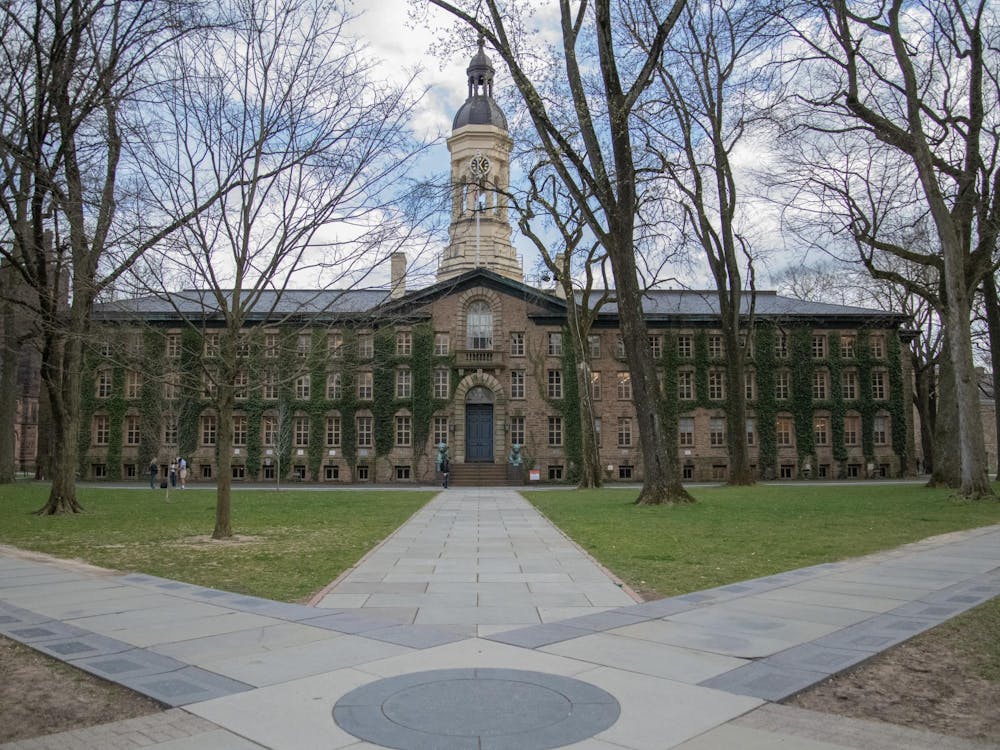A group of local residents who oppose AvalonBay, the controversial developer that wants to build residential units at the former University Medical Center at Princeton site, will not appeal a decision that affirms the rights of the company to develop the zone.
The Association for Planning at Hospital Site LLC had sued Avalon Bay on Sept. 30 but received a final unfavorable ruling fromMercer County Superior Court Judge Mary Jacobson on Feb. 25. Jacobson dismissed all five counts.
The group had previously not publicly announced whether they would appeal or not.
“Our focus is going to be, going forward, the environmental issues,” saidAreta Pawlynsky, a plaintiff and memberof APHS. The original lawsuit had argued against the way zoning assignments had been changed to favor AvalonBay, the overburdening of infrastructureand the adverse healthimpacts that would be caused by the development.
The hospital development controversybegan in December 2012, when the Princeton Planning Board, which oversees local land use, rejected AvalonBay’s first application. A group of residents called Princeton Citizens for Sustainable Neighborhoods consequently formed against AvalonBay.
However, legal costs caused PCSN to end its campaign in July 2013, and, soon after, the Planning Board approved AvalonBay’s second application.
APHS plaintiff Evan Yassky said AvalonBay has lost all credibility throughout the past years.
“They’ve been duplicitous, and they’re putting forward information that’s not really accurate. They’ve said that they would address things and then never followed up on them. I mean, sort of at every turn, we feel like they have shown no interest in public health, safety and welfare, and only interest in maximizing profits,” he explained.
Planning Board attorney Gerald Muller, representing one of the defendants in APHS’s original lawsuit against AvalonBay, as well as Princeton Mayor Liz Lempert, the municipality, the Princeton Town Council and the Planning Board said Jacobson’s decision validated the Planning Board’s reasoning.
“We took all the recommended environmental conditions that our environmental consultant at the first set of hearings had set forth in his report, and we incorporated those as conditions in the approval at the end of the second set of hearings,” he explained. “We felt we had a pretty good set of environmental conditions that Avalon had to comply with — they were as broad as we felt we could make them. And basically the judge agreed with that, that we had addressed the environmental issues that were before us.”
He noted that because no one ever presented evidence of environmental contamination prior to AvalonBay’s second application, the Planning Board lacked the power to enforce the broader testing that APHS had demanded.
AvalonBay attorney Robert Kasuba declined to comment, and Vice President of Development Jon Vogel did not respond to a request for comment.

APHS legal counsel Steven Griegel said he is happy with the route APHS is taking by trying to get as many as people within the town and on the boards to be aware of the environmental issues, rather than filing an appeal.
“I don't think it’s a situation where you have townspeople just trying to create an issue for no reason at all,” he said. “I think there’s enough evidence that there may be environmental contamination. You would think it would be in everyone’s best interest — the townspeople, the government, the builder — to find out the answer so they don't build on a contaminated site.”
The development plans have stopped because AvalonBay has declined to comply with the additional testing mandated by the Council. Griegel said he hopes the township holds firm and forces AvalonBay to investigate whether the site is contaminated.
If the town and AvalonBay do not resolve the impasse, additional litigation could extend the situation, Griegel added.
“Through this effort, not only the small group of us that are actual members of the association, but the much wider group of people that have become educated in the issues will take that into the future and probably various actions in public life,” Yassky said. “I think that’s a great thing. Even if we ultimately don’t prevail in a legal action, I still feel very good about the work that’s been done, and it will have long lasting impact in our community.”








